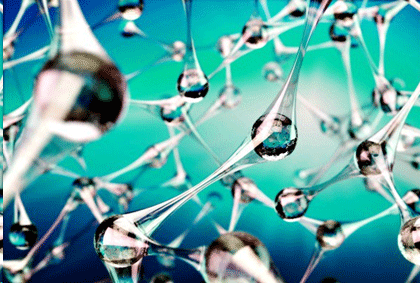|
NOVIDADES
The research, conducted by the collaborative nanomedicine research programme led by Pharmacologist Professor Andrew Owen and Materials Chemist Professor Steve Rannard, examined the use of nanotechnology to improve the delivery of drugs to HIV patients. Nanotechnology is the manipulation of matter on an atomic, molecular, and supramolecular scale. Nanomedicine is the application of nanotechnology to the prevention and treatment of disease in the human body. This evolving discipline has the potential to dramatically change medical science and is already having an impact in a number of clinically used therapies and diagnostics worldwide.  Nanotechnology improved the administration and availability of drug therapies to HIV patients (Science and Technology Research News) Recent evaluation of HIV patient groups have shown a willingness to switch to nanomedicine alternatives if benefits can be shown. Research efforts by the Liverpool team have focused on the development of new oral therapies, using Solid Drug Nanoparticle (SDN) technology which can improve drug absorption into the body, reducing both the dose and the cost per dose and enabling existing healthcare budgets to treat more patients. Through the use of a rapid small-scale nanomedicine screening approach developed at Liverpool, the researchers were able to generate a novel water dispersible nanotherapy, hence removing the need to use alcohol in the paediatric medicine. The research, funded by the UK Engineering and Physical Sciences Research Council is in ongoing human trials, and the preclinical development has been published in Nature Communications ("Accelerated oral nanomedicine discovery from miniaturized screening to clinical production exemplified by paediatric HIV nanotherapies"). Professor Rannard added "The wide applicability of our strategy has implications for multiple therapy development programmes and we are actively engaged in the creation of nanomedicine options to impact a range of clinical needs." University of Liverpool. Posted: Oct 21, 2016. |
|||||||||||||||||||||||||